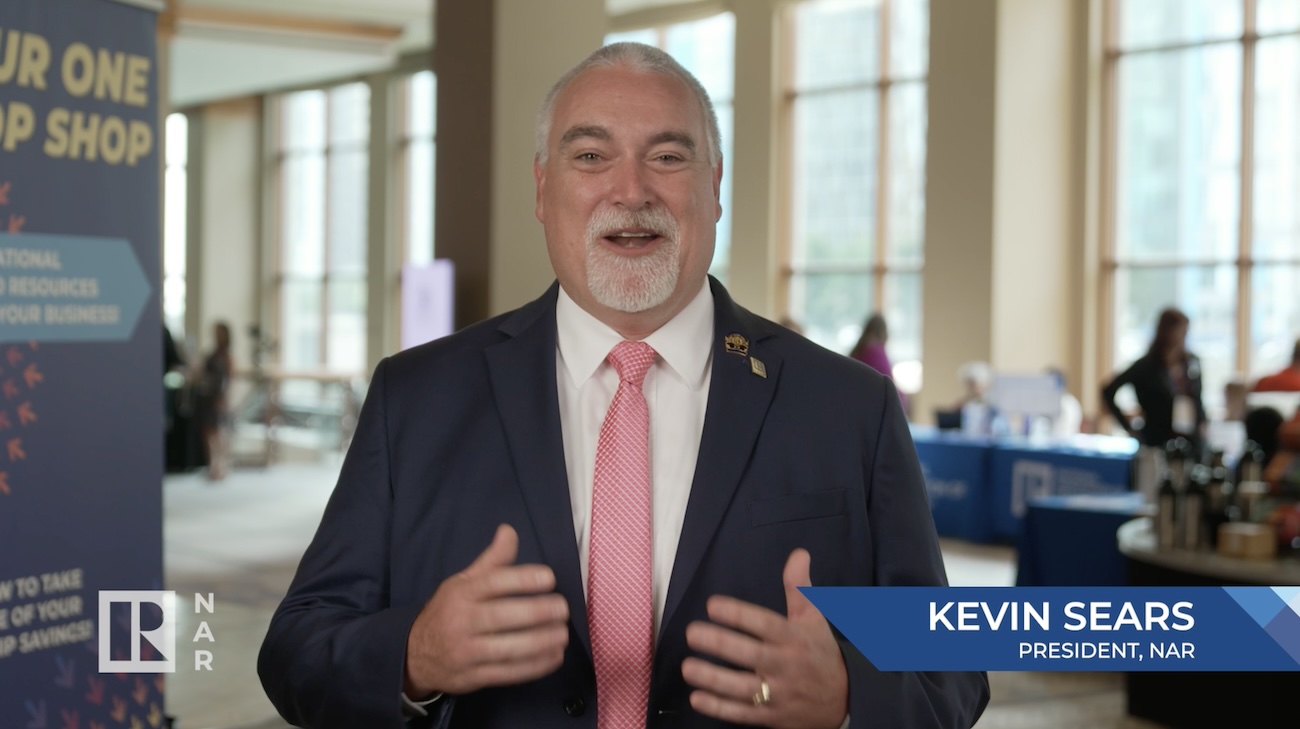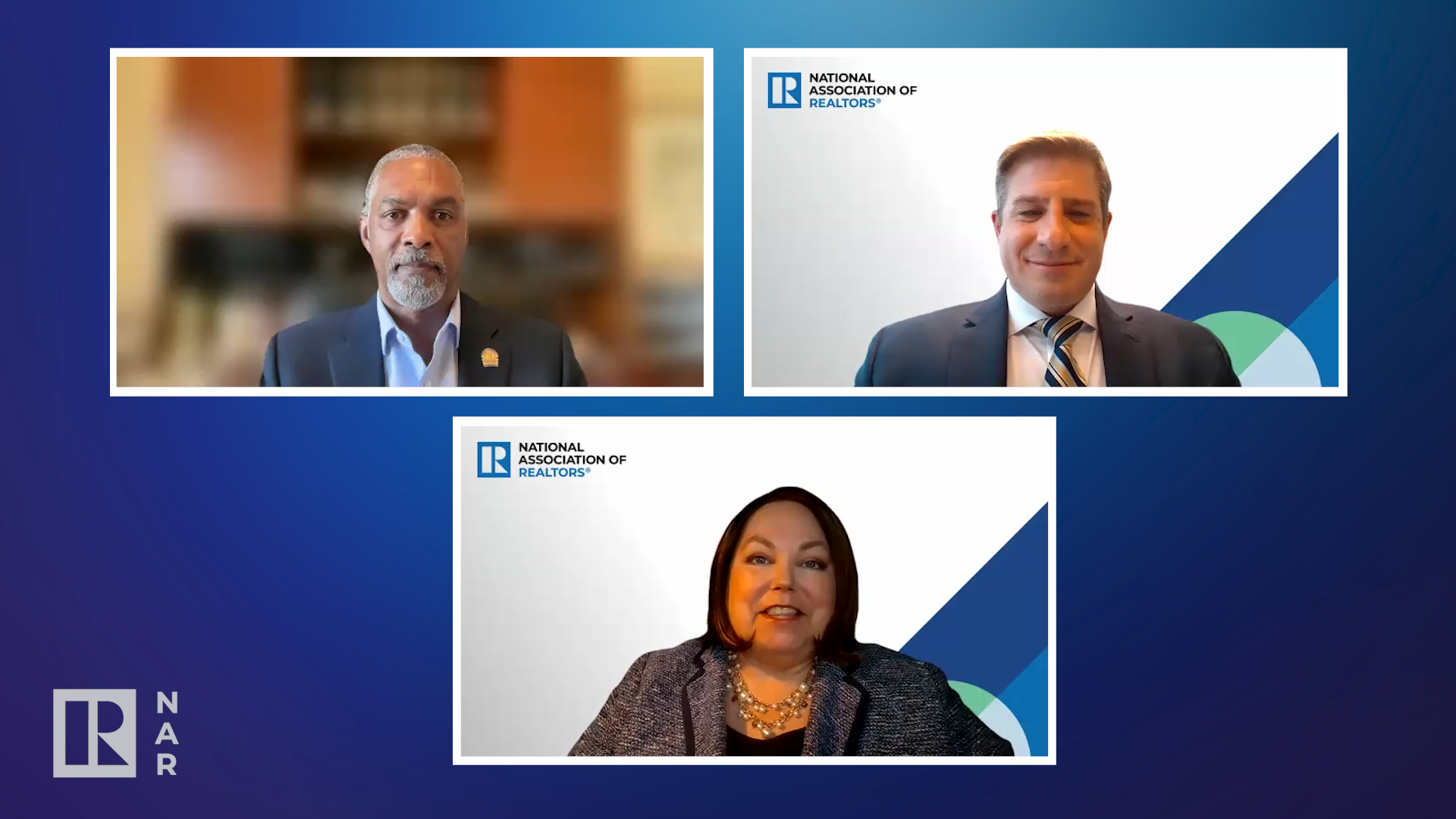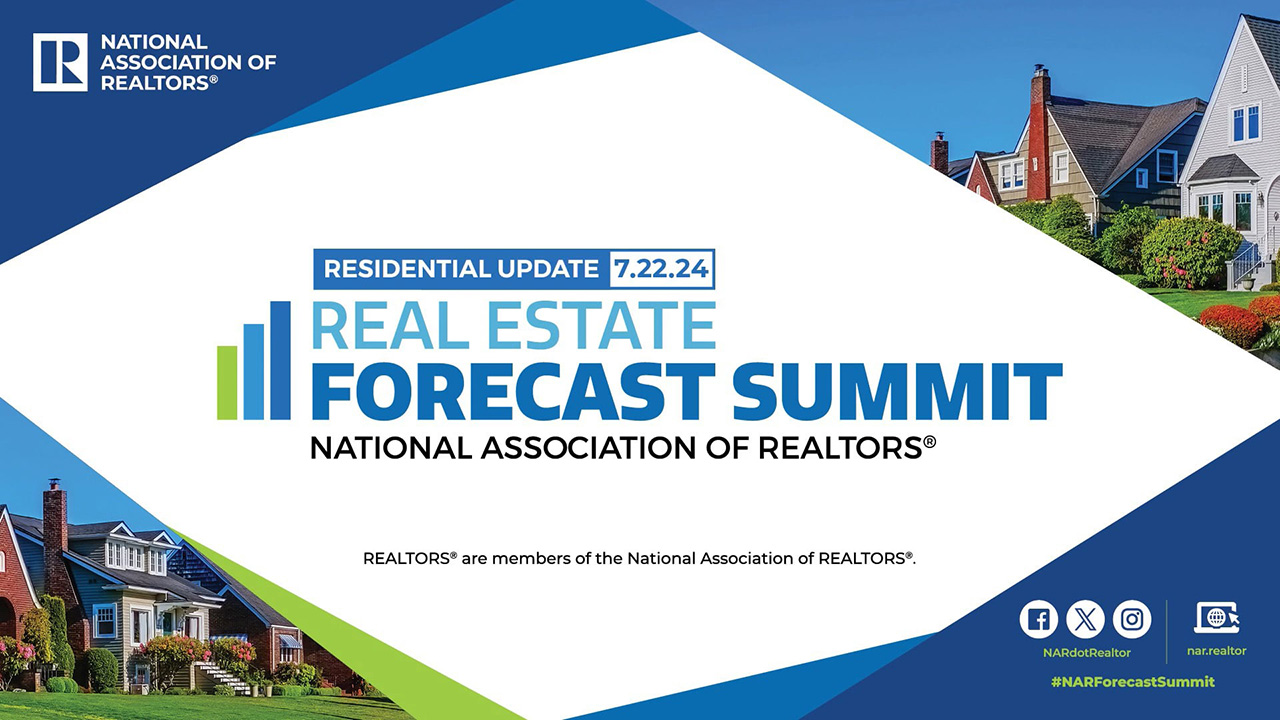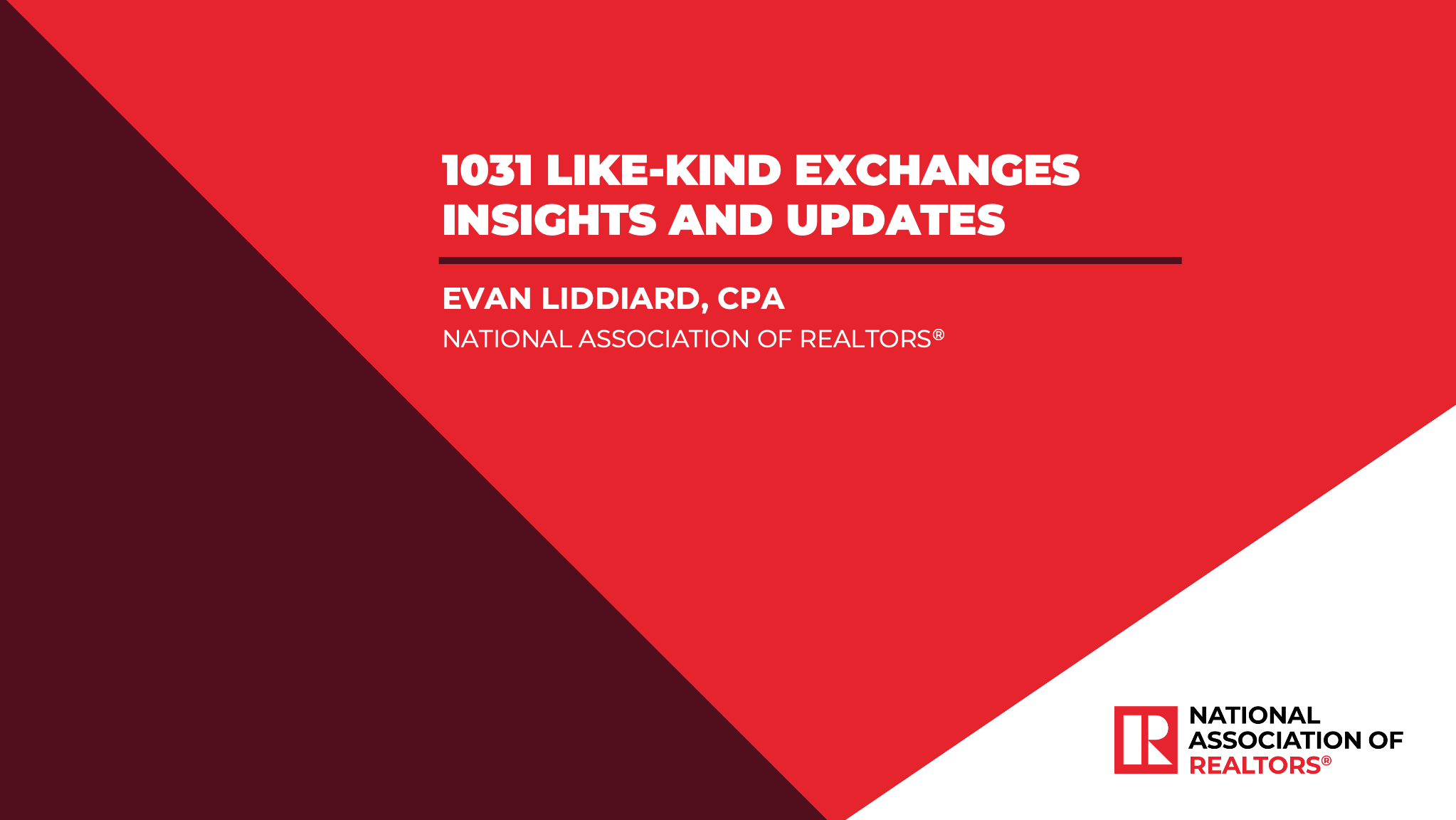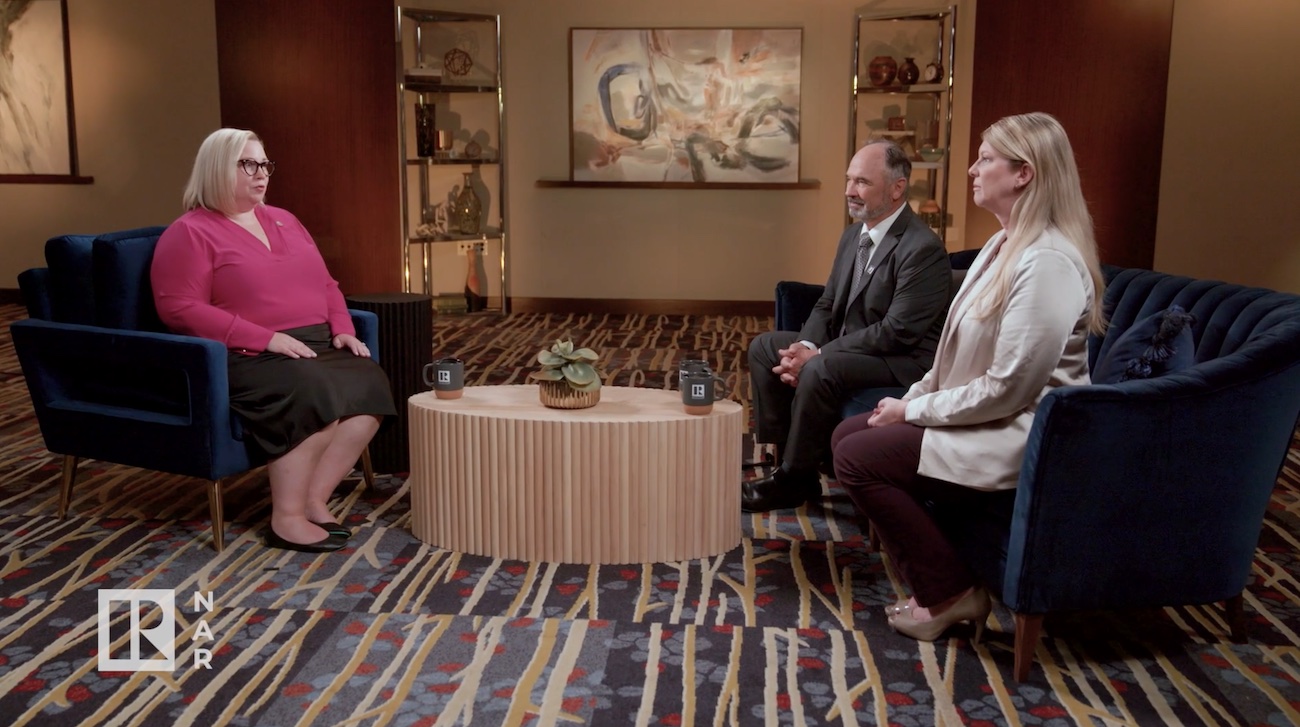Learn how to ensure your phone call marketing plans comply the TCPA’s do-not-call registry restrictions.
Window to the Law: Comply With The Do Not Call Registry: Transcript
We have all received them…the annoying and ill-timed telemarketing call, interrupting family dinner night. You thought they would eventually go away, especially after you registered your phone number on the do-not-call list. The reality is that that pesky telemarketers will risk almost anything to try to reach you, including breaking the law.
While most real estate professionals do not consider themselves telemarketers nor do they employ the aggressive tactics typically associated with telemarketers – real estate professionals may be surprised to learn that they too must comply with telemarketing laws, including compliance with the do-not-call registry.
The Telephone Consumer Protection Act, or TCPA, prohibits telemarketing calls to consumers who place their personal phone number on the national do-not-call registry. Operated by the Federal Trade Commission, the Do-not-call registry offers consumers protection against unwanted telemarketing calls.
Phone numbers listed on the do-not-call registry may not be called by persons or entities placing telemarketing calls, or more simply put, calls that solicit the purchase of goods or service. This includes calls seeking to list or buy a consumer’s property. There are a few important exceptions, however.
The registry only applies to personal phone numbers, not business lines or business to business calls. If you have a prior business relationship with a consumer, meaning you listed or sold a person’s house, you may call that person for up to 18 months after you last did business with them, even if their phone number is listed on the do-not-call registry. You may also call consumers for up to 3 months after the consumer makes an inquiry about services. Additionally, you may make calls to consumers otherwise listed on the registry if you obtain express written permission from the consumer to contact them by phone for marketing purposes.
Two commonly misunderstood scenarios related to the do-not-call registry in the real estate profession are: 1) calls made regarding For Sale By Owner listings; and 2) calls made regarding expired listings.
First, agents often incorrectly believe they can call a For Sale By Owner listing under any circumstance. That is not the case. If the seller’s phone number is registered on the do-not-call registry, an agent is prohibited from calling the For Sale By Owner listing except where the agent has a client interested in the listed property.
Second, there is an uptick in class action litigation involving calls made to consumers with recently expired MLS property listings. These class action lawsuits are expensive to defend against and by statute hold violators liable for up to $1,500 for each violation. For example, in April, a Plaintiff brought a class action lawsuit against a real estate brokerage claiming the brokerage’s marketing plan violated the TCPA do-not-call restrictions because it instructed its agents to cold call consumers whose property listings recently expired. The lawsuit alleges the Plaintiff, who listed his property on the MLS in 2018 but removed the property after it did not sell, received unsolicited marketing calls from three different real estate professionals to his personal cellular phone number registered on the do-not-call registry.
To protect against such liability related to violations of the TCPA do-not-call registry, consider the following best practices:
- Develop, implement and follow a written do-not-call policy
- Train personnel in the policy
- Access the do-not-call registry every 31 days and be sure to scrub call lists against the do-not-call registry, and
- Maintain an internal company-specific do-not-call list honoring persons’ requests not to be called
In addition to protecting yourself against do-not-call registry violations related to telemarketing calls, don’t forget the TCPA’s prior consent requirements before employing a marketing strategy that includes text message solicitations and autodialed calls.
Be sure to check out nar.realtor for resources to assist you with your telemarketing compliance questions….and remember… Telemarketing can be an effective way to grow your business – just be sure to understand how to comply with relevant laws to reduce your legal risks and avoid costly litigation.
Thank you for watching this episode of NAR’s Window to the Law.


























